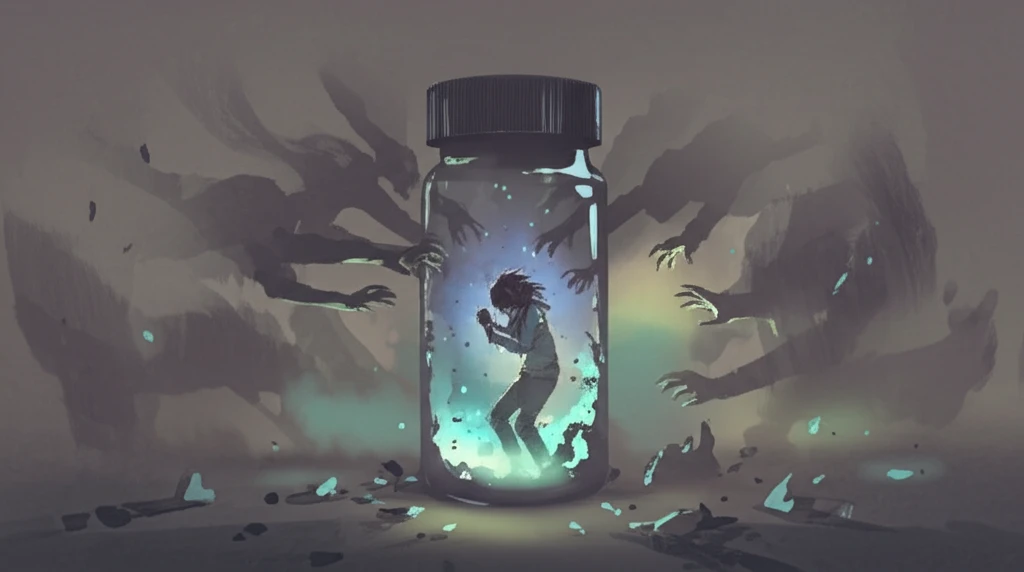
Are Your Psychiatric Meds Making You Worse? Understanding Drug-Induced Trauma
"Unmasking the dangers of psychiatric drugs: Learn how they can trigger trauma and what to do about it."
Trauma, whether simple or complex, leaves a lasting impact. While we often associate trauma with accidents, violence, or emotional distress, medications can also contribute. Psychiatric drugs, intended to heal, may inadvertently cause further distress and worsen a patient's quality of life.
Dr. Charles L. Whitfield's research delves into this phenomenon, describing how common psychiatric drugs can be toxic and chronically traumatic. This condition, termed Drug Stress Trauma Syndrome (DSTS), highlights the importance of understanding the potential dark side of psychiatric treatments.
This article unpacks Dr. Whitfield’s observations, providing insights into how psychiatric drugs can act as agents of trauma. We'll explore the risks, symptoms, and potential paths to recovery, arming you with the knowledge to make informed decisions about your mental health.
The Hidden Toxicity of Psychiatric Drugs

Many assume that legally prescribed medications are inherently safe. However, psychiatric drugs can be as, or even more, toxic than illegal substances. Dr. Peter Breggin, a renowned psychiatrist, points out that while people often use substances like alcohol or marijuana to numb their feelings, they don't believe they are improving their brain function. In contrast, psychiatric drugs are often taken with the belief that they will enhance mental well-being, yet they can disrupt brain function and lead to destructive mental reactions.
- Disrupt brain function and cause dangerous mental reactions.
- Lead to physical dependence and severe withdrawal symptoms.
- Cause emotional numbness and increase suicidal thoughts.
- Result in long-term distress and a worsened quality of life.
Taking the First Step Towards Healing
The effects of psychiatric drugs can be so detrimental that they should no longer be considered mere
